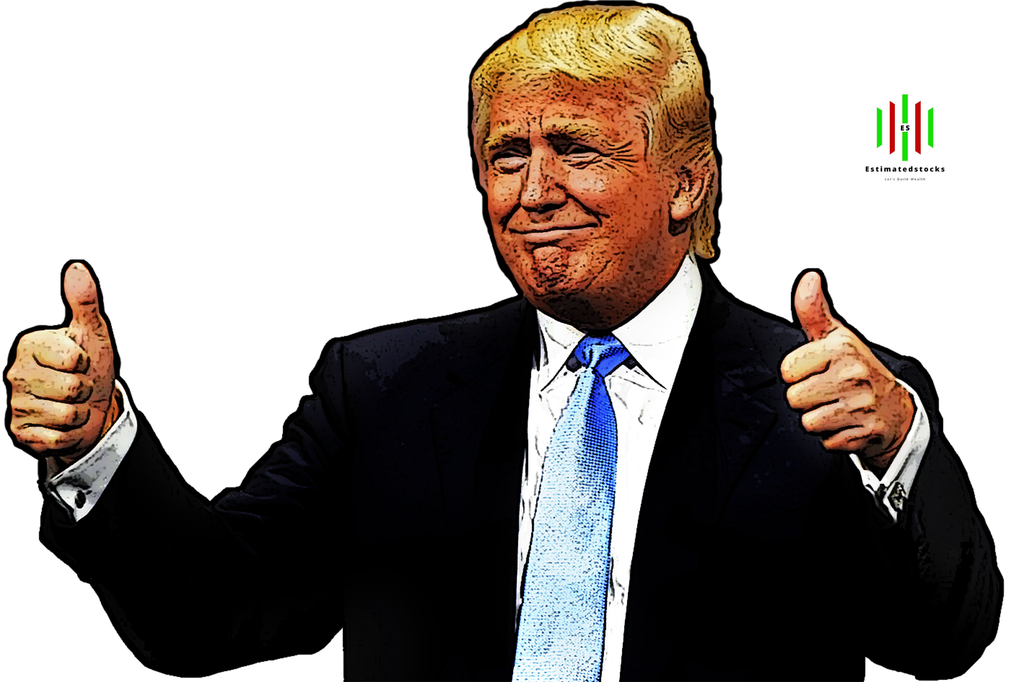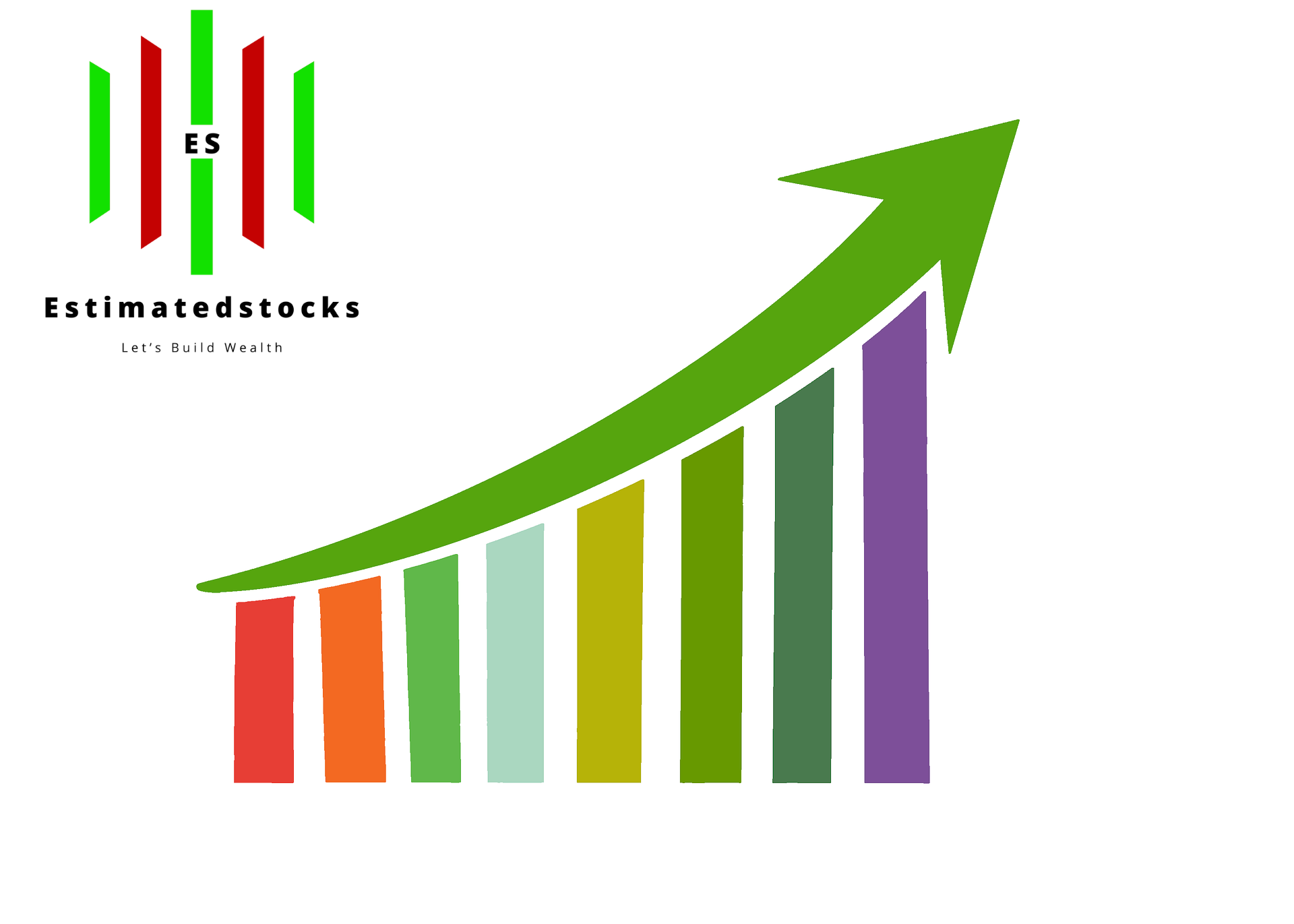Volkswagen AG (FRA: VOW3) is considering closing German plants for the first time, driven by cost cuts and competition from Chinese EVs, impacting jobs and prices.
Volkswagen's Unprecedented Move: Potential Factory Closures
1. Overview of Volkswagen's Current Situation
Volkswagen AG (FRA: VOW3), a key player in the global automotive industry, is facing a critical juncture. The company is contemplating closing its factories in Germany, a historic move that could mark the first time in its 87-year history. This drastic decision stems from significant cost-cutting pressures and increasing competition from Chinese electric vehicle (EV) manufacturers.
2. Economic and Competitive Pressures
-
Economic Climate: The European automotive sector is under severe stress. Volkswagen has embarked on a €10 billion ($11.1 billion) cost-cutting plan, driven by a substantial drop in market share in China, its largest market. Deliveries to China fell by 7% in the first half of the year compared to 2023, and operating profit decreased by 11.4% to €10.1 billion ($11.2 billion).
-
Competition: Volkswagen faces fierce competition from local Chinese EV brands like BYD, which is also making inroads into the European market. The company’s aggressive cost-cutting includes significant reductions in expenses related to factories, supply chains, and labor.
3. Labor Relations and Union Resistance
-
Termination of Employment Protection: Volkswagen is considering ending its long-standing employment protection agreement with labor unions, a pact established in 1994. This move is met with strong resistance from labor representatives, who are concerned about job security and the future of Volkswagen’s German operations.
-
Union Reaction: IG Metall, a major German union, has criticized Volkswagen's strategy as reckless. The union has vowed to oppose the plans, emphasizing that they could be detrimental to both jobs and the company's core operations.
4. Potential Developments and Implications
-
Intensified Negotiations: Expect vigorous discussions between Volkswagen and labor unions. The outcome of these negotiations will be crucial in determining the future of Volkswagen’s workforce and its relationship with employees.
-
Economic Impact: Potential plant closures could have severe repercussions, including significant job losses and economic strain on communities and businesses reliant on Volkswagen’s operations. Suppliers and local economies could face substantial challenges.
-
Operational Shifts: Volkswagen may accelerate its restructuring efforts, which might involve relocating production, reducing its workforce, or enhancing its focus on electric vehicles and advanced technologies.
-
Industry Reactions: Competitors and other industry players will closely monitor Volkswagen's actions. The automotive market could experience shifts as companies adjust their strategies in response to Volkswagen’s changes and the broader economic context.
-
Regulatory Scrutiny: German and EU regulatory bodies may increase oversight and intervention in response to Volkswagen’s plans. This could involve regulatory adjustments or incentives to mitigate the impact of plant closures.
-
Public and Investor Sentiment: Volkswagen’s potential closures could affect public perception and investor confidence. The company’s stock and reputation may experience volatility as the situation evolves.
5. Impact on Employment
-
Negotiations Outcome: The future of jobs at Volkswagen will largely depend on the results of ongoing negotiations with labor unions. A successful compromise could preserve some positions, while a lack of agreement could lead to significant job losses.
-
Company Decisions: Volkswagen might explore alternatives to full plant closures, such as reducing shifts or implementing job-sharing schemes to mitigate the impact on employment.
-
Support Mechanisms: Government bodies and unions may offer support to affected workers through financial aid, retraining programs, or job placement services.
-
Restructuring Measures: Volkswagen’s cost-cutting focus may include measures to minimize job losses, such as voluntary redundancy programs or early retirement packages.
-
Economic Conditions: Broader economic conditions will influence Volkswagen’s ability to manage costs and employment, potentially affecting the company’s flexibility in handling job cuts.
6. Pricing and Consumer Impact
-
Production Costs: Plant closures may lead to increased production costs per unit, potentially resulting in higher vehicle prices for consumers.
-
Supply Chain Disruptions: Restructuring could disrupt Volkswagen’s supply chain, leading to higher raw material and component costs, which might be passed on to consumers.
-
Labor Costs: Increased labor costs related to severance packages and new labor agreements could contribute to higher vehicle prices.
-
Investment in EVs: Volkswagen’s shift towards electric vehicles and new technologies might involve higher initial costs, potentially leading to increased vehicle prices as the company invests in these areas.
7. Broader Economic and Industry Impact
-
Job Losses: The immediate impact of plant closures would be significant job losses, affecting not only Volkswagen employees but also those in related industries and local communities.
-
Economic Slowdown: Job losses could lead to reduced consumer spending, potentially contributing to an economic slowdown in regions heavily dependent on Volkswagen’s operations.
-
Regional Economic Challenges: Local economies where Volkswagen plants are located might face decreased economic growth, lower property values, and increased social welfare costs.
-
Supply Chain Disruptions: Volkswagen’s supply chain disruptions could affect numerous suppliers and logistics companies across Europe, leading to delays and increased costs for smaller businesses.
-
Innovation and Investment: Volkswagen’s restructuring might include investments in new technologies and EVs, potentially creating new job opportunities in emerging sectors, though these benefits may take time to materialize.
-
Market Dynamics: Higher vehicle prices could affect consumer purchasing power and shift market dynamics, impacting demand and influencing the broader automotive market.
-
Regulatory Response: Governments might intervene to support affected workers and mitigate the impact on local economies, potentially involving financial aid and economic stimulus measures.
8. Impact on Other Automakers
-
Increased Competition: Volkswagen’s potential pricing and production changes could benefit competitors by increasing their market share and attracting customers seeking alternatives.
-
Market Dynamics: Competitors might adjust their pricing strategies in response to Volkswagen’s actions, either to capture market share or to differentiate their offerings.
-
Supply Chain Effects: Disruptions in Volkswagen’s supply chain could affect suppliers and logistics providers serving multiple automakers, potentially leading to operational adjustments.
-
Innovation: Volkswagen’s focus on EVs and technology could spur innovation across the industry, prompting other automakers to accelerate their own initiatives.
-
Labor Market Shifts: Job losses at Volkswagen could lead to an influx of skilled workers into the job market, which other automakers might leverage to enhance their capabilities.
-
Regulatory Pressure: Industry-wide regulatory changes could follow Volkswagen’s restructuring, impacting other automakers in areas such as labor practices and environmental standards.
-
Investor Sentiment: Shifts in investor sentiment could impact stock prices and investment strategies across the automotive sector, reflecting broader industry challenges.
-
Consumer Perception: Volkswagen’s difficulties might affect overall industry reputation, presenting competitors with opportunities to attract customers seeking stability and innovation.
9. Prospects for Volkswagen’s Recovery
-
Effective Restructuring: The success of Volkswagen’s restructuring plan will be crucial. This involves managing plant closures, cost reductions, and adapting operations to remain competitive.
-
Market Adaptation: Adapting to the rise of electric vehicles and maintaining a competitive edge in innovation will be critical for Volkswagen’s recovery.
-
Cost Management: Effective cost management without compromising quality will be essential for Volkswagen to return to profitability.
-
Consumer Demand: Recovery will depend on consumer demand for Volkswagen’s products, particularly in the growing EV segment.
-
Economic Conditions: A stable or improving economic environment can support Volkswagen’s recovery efforts.
-
Regulatory and Competitive Landscape: Navigating regulatory requirements and staying ahead of competitors will influence Volkswagen’s long-term success.
-
Labor Relations: Managing labor relations and maintaining good relationships with unions will be important for mitigating disruptions and maintaining workforce morale.
-
Financial Health: Strong financial management and access to capital will be important for funding restructuring efforts and future growth initiatives.
Independent Analysis & No Investment Advice EstimatedStocks AB is an independent financial research platform. This publication is ...


